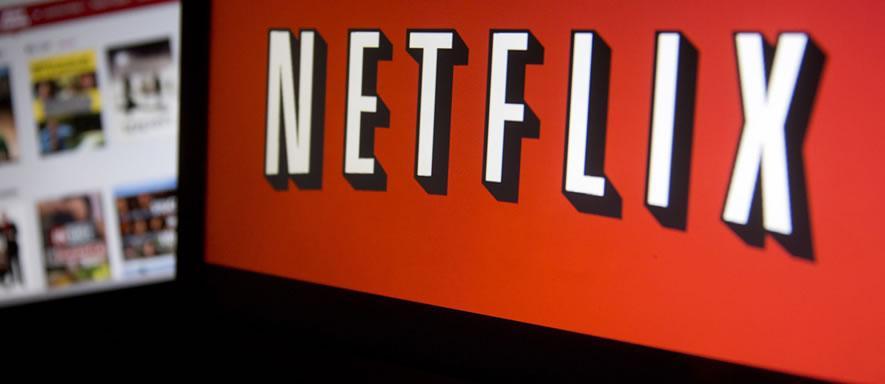Australia is introducing a 10 percent goods and services tax (GST) for the streaming service Netflix which will come into effect from July 1. It’s the first time such a tax will be applied to digital products and services purchased in Australia from overseas companies.
Netflix confirmed to The New Daily in May that it would be adding the charge. A spokesperson said: “We collect and remit tax wherever we are legally obligated to do so.” The company hasn’t specified; however, whether its prices will by exactly 10 percent, or if it will absorb some of the cost by reducing subscription fees.
The streaming service had almost 2.3 million household subscriptions in Australia, according to an estimate by Roy Morgan Research in January. In February, Nielsen put the number higher at 2.8 million.
Australia had a loophole that meant companies did not have to collect GST on services and digital products exported into the country. The new law will close this gap, and also help companies like Stan, an Australia streaming service, compete with US giants like Netflix.
“It ensures Australian businesses selling digital products and services are not disadvantaged relative to overseas businesses that sell equivalent products in Australia,” said Treasurer Scott Morrison addressing Parliament when the bill was first introduced.
The new tax won’t push up the price of Netflix alone, because from July 1, the 10 percent GST will be extended to all products, including smartphone apps, song downloads, podcasts, e-books and games purchased by Australians from overseas. The tax will also apply to imported services, such as consultancy and professional services performed offshore.
Similar measures have been introduced in the European Union, New Zealand, Brazil, Russia, Taiwan and South Africa. In fact, the legislation Australia has introduced is in line with taxation guidelines set by the OECD, an economic think-tank for the world’s wealthiest nations. The new Australian tax could generate $350 million over four years from July 2017, which would be shared between the states and territories.
A similar tax was rejected by Canada recently. To protect the country’s struggling media industry, a 5 percent levy on high-speed internet services was proposed by a parliamentary committee. However, Prime Minister Justin Trudeau said: “We’re not going to be raising taxes on the middle class through an internet broadband tax. That is not an idea we are taking on.”





